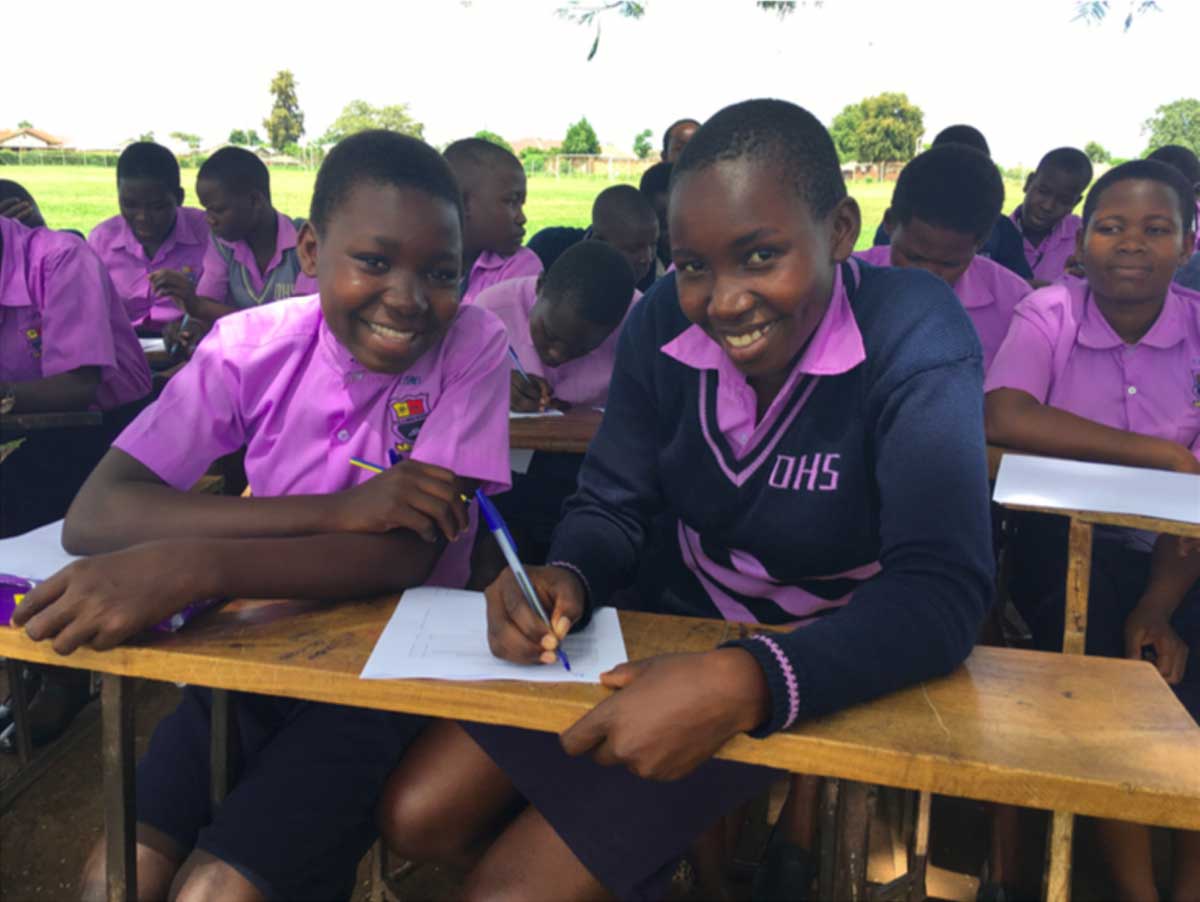For many girls in Uganda, life stops when they get their period. Girls in rural Uganda miss up to eight days of study each school term because they are on their periods, a study of menstrual management in Uganda found. This was due to lack of washrooms, lack of sanitary pads and bullying by peers. The eight days on average translates into 11% of the total learning days in a year. It’s a school absence rate that is hard for the girl to make up for and partly accounts for girls dropping out of high school.
In light of this Sustain For Life have teamed up with Irise international to support adolescent girls to engage in school more effectively as they enter puberty. The project focuses on three main aspects:
- Education: practical and responsive education about menstruation and puberty for boys and girls through training teachers to deliver sessions.
- Product Provision: sustainable access to good quality sanitary products through establishing local entrepreneurs who can supply schools.
- Taboo breaking: a supportive environment for girls through sensitising teachers, parents and the community and engaging them in solving the issue for girls in the long term.
So far through the Menstrual Health Education sessions conducted in schools by both the trained teachers and Irise educators there is evidence of improvement in knowledge understanding of pupils of Menstrual hygiene and management. The pupil’s confidence in discussing Menstrual Health has greatly improved and they are now more willing to share their experiences openly in sessions. Girls have reported receiving increased support from their teachers and are increasingly approach teachers for support. Boys are proving to be more supportive of the girls and less likely to bully or tease them; this is primarily due to increased awareness and understanding the challenges associated with menstruation for girls. Parents have also been engaged with and pledged to provide more support for the girls during menstruation and ensure they talk to their children about puberty, so they are better prepared.
Read Joannie Nakakawa story of growing up as a teenager in Uganda.
